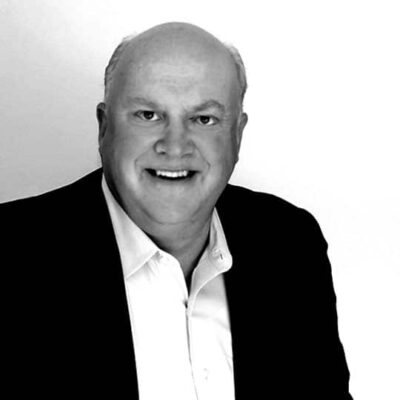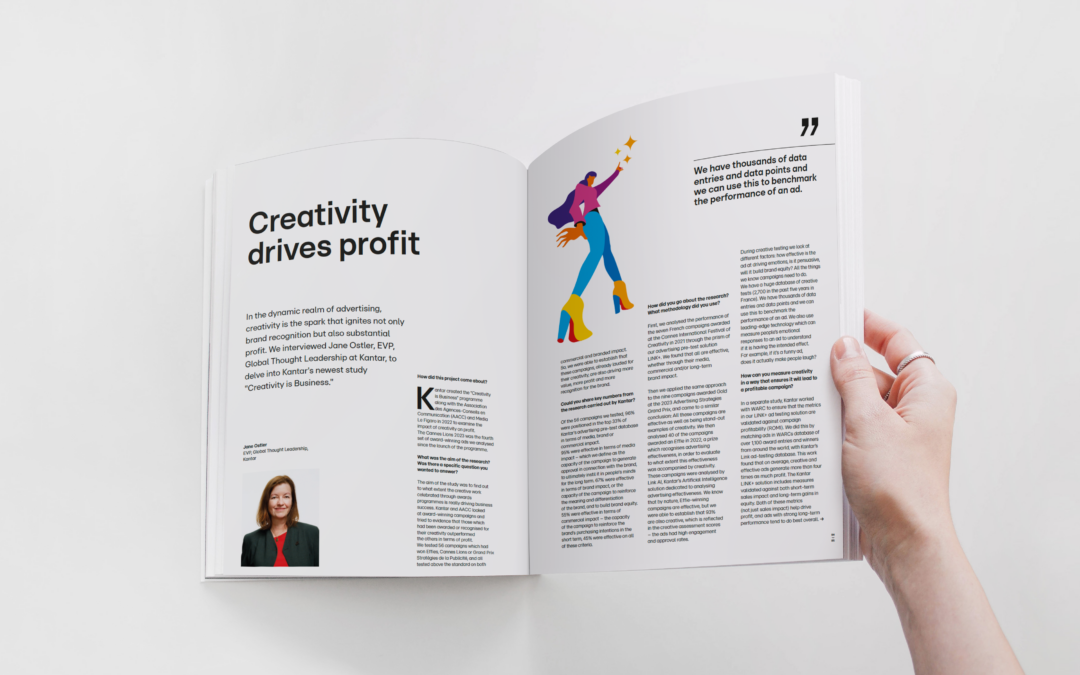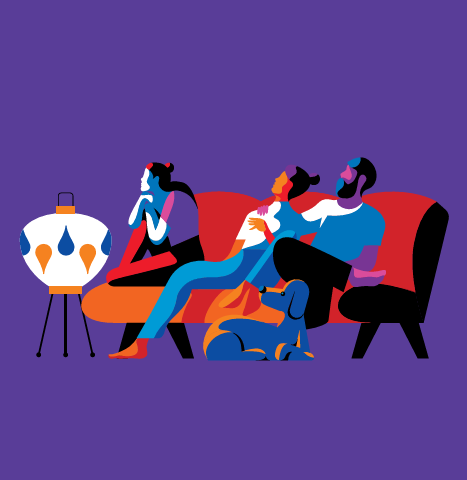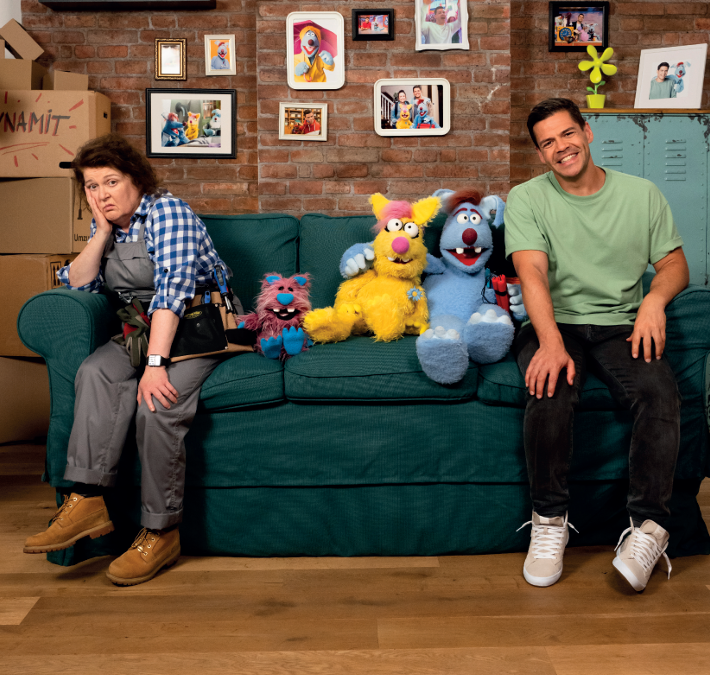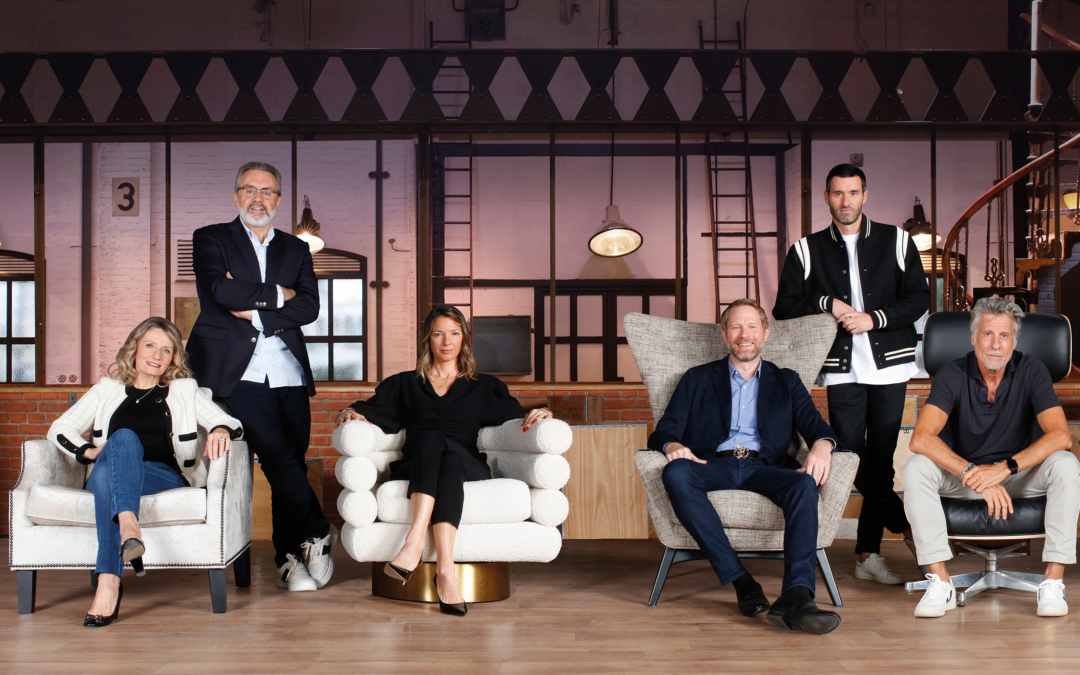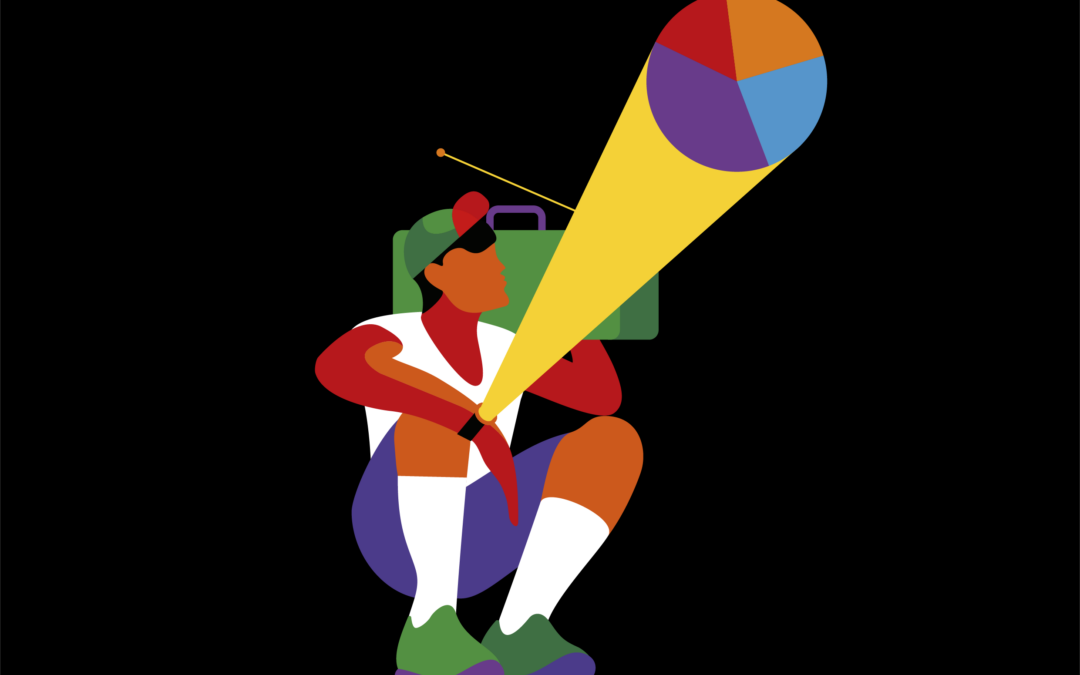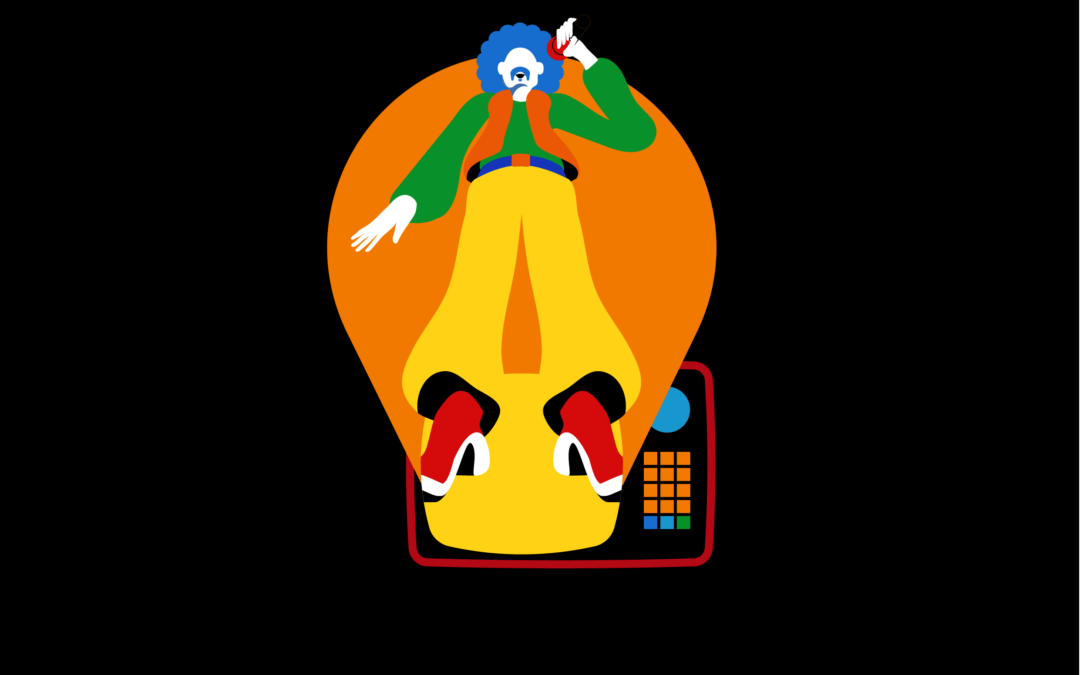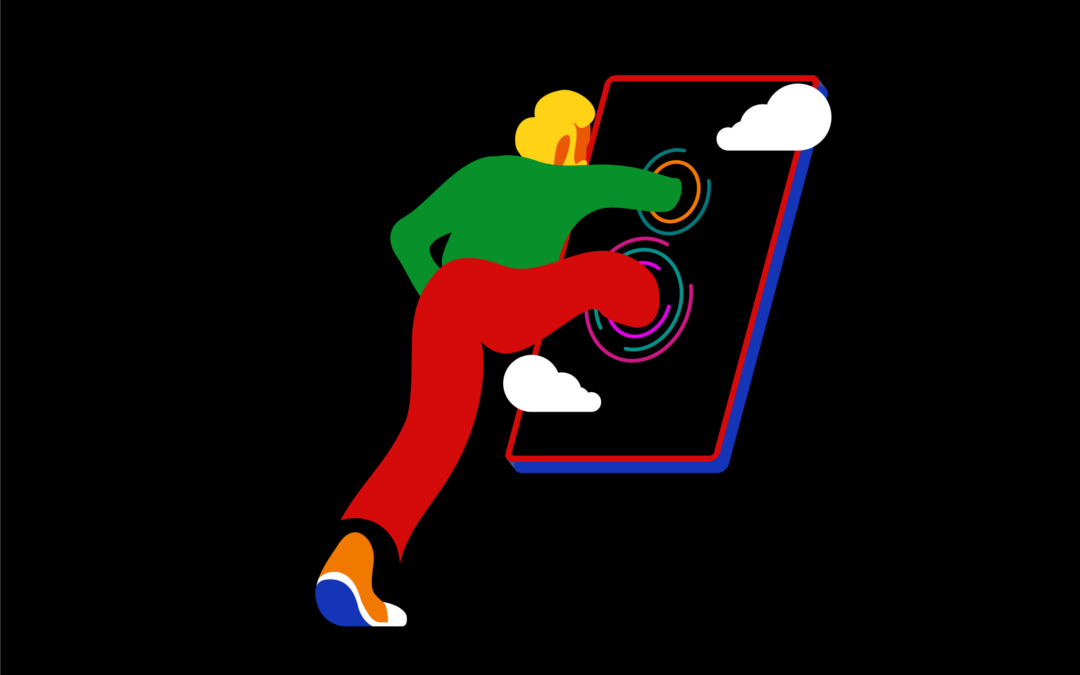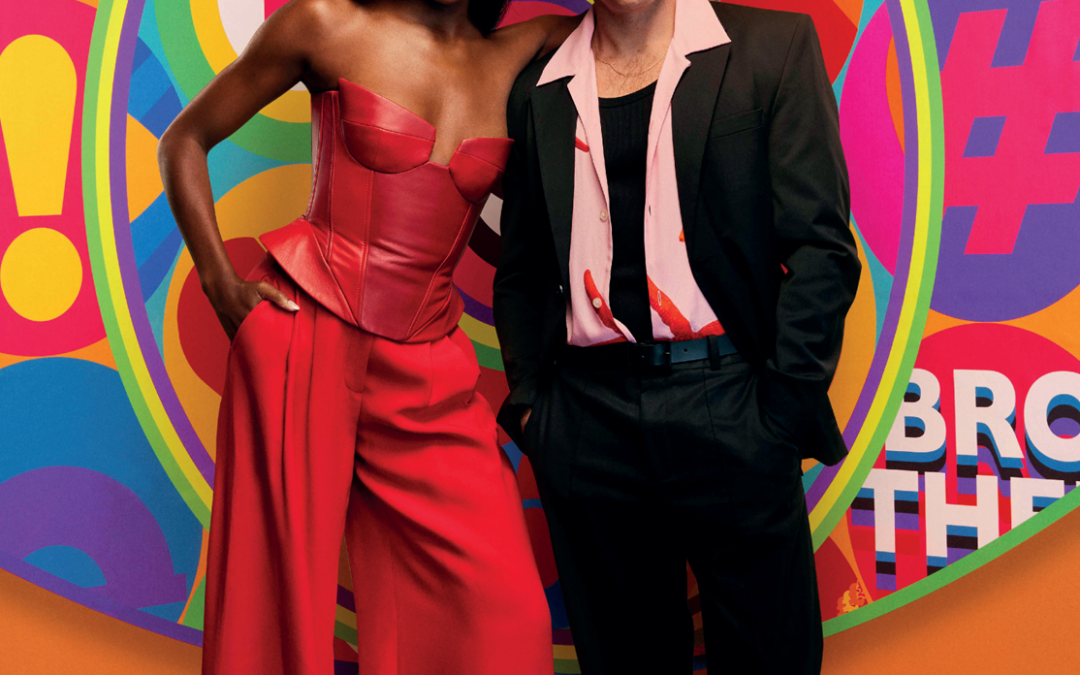Ben Jankowski is Senior Vice President, Global Media at Mastercard and a leading figure in the push for a metric that makes sense of how we consume media now. RTL talked to him about the latest developments, and how Mastercard fared in 2020.
What impact did the pandemic have on Mastercard’s marketing strategy?
Like everyone else, Mastercard faced vast disruption. There were huge changes in card usage and two of our bigger categories, travel and culinary, or dining out, saw massive declines.
The impacts that helped our business were increases in ecommerce and touchless payments. In the US, it took 10 years to go from a level where 5% of transactions were ecommerce to 15%. With the pandemic, it then took about eight weeks to go from 15% to 25%. That’s the magnitude.
Spending on travel and eating out will return over time, but now consumers have seen how simple and easy it is to do everything from buying your groceries to your clothes online I don’t think they’ll decide to go back to stores to buy everything.
In terms of marketing, a lot of what we do is experiential, as the official card of Roland Garros, for example, where the French Open tennis tournament is held annually, and of the Cannes Film Festival.
So many events have been cancelled or postponed that it’s forced us to reimagine how we communicate and to develop virtual experiences. And actually, I think it’s a good thing, it’s helping us speak to bigger audiences.
Our Priceless Experiences at Home concert with Camila Cabello, for example, reached hundreds of thousands of people.
Have you reviewed your priorities in terms of communication angles and product launches?
In the past we would talk about travel benefits and products but with the pandemic there was an urgency to talk about using Mastercard to stay safe by making touchless – or contactless, depending where you are – payments.
You’re very involved in the global, industry-wide push to develop a crossmedia measurement model – why?
Mastercard is among the organisations which have been working with the World Federation of Advertisers to come up with a charter, one element of which is to do a better job of measurement. To make this happen, a cross media measurement team was put together in March 2019, which I’m part of. Consumers are displeased with advertisers and are tuning out advertising and installing ad blockers more than ever because they’re tired of it. We need to make that user experience better and part of that is knowing how often we talk to people and how we message them. At the moment, the metrics – which are different for television and digital – don’t allow this to happen.
What’s the biggest challenge?
Various industry players have spent a lot of time trying to solve the problem themselves and came to the same realisation, which is that it’s not possible to do it alone. That’s why the WFA has been a lot more active about getting a group together to tangibly solve problems across media measurement.
Of course, that means sitting down at the same table as your competitors; persuading TV stations to sit in a room with Google and Facebook, the very businesses that you compete for ad dollars with today; convincing marketers to combine our efforts rather than compete. It’s an interesting conversation, very lively and contentious. It’s not the technology that’s the big challenge – it’s difficult from a cultural standpoint.
The most important thing is that the system is built for privacy and security, and that it’s built for the future.
Are you optimistic about success?
There are a lot of challenges but we’re still very optimistic. We’re in the middle of a process where we’ve taken a pass at developing some principles and some topline architecture and we’re now in the process of sharing them with all the stakeholders. It’s a long process, we’ve gone through the first stage, frankly it went better than I thought it was going to go, and now we’re in the process of getting people aligned to that.
The media market has probably changed more in the past 10 years than it did in the 25 years before that and the 50 years before that. The more we keep driving change, the more we have to find ways to work together. Ultimately we’re all going to benefit by being able to judge our successes. Marketers will be more successful at marketing, in turn they’ll spend more money on advertising, which will help media owners. It’s in everybody’s interests to band together on this issue.
keep driving change,
the more we have
to find ways
to work together.
